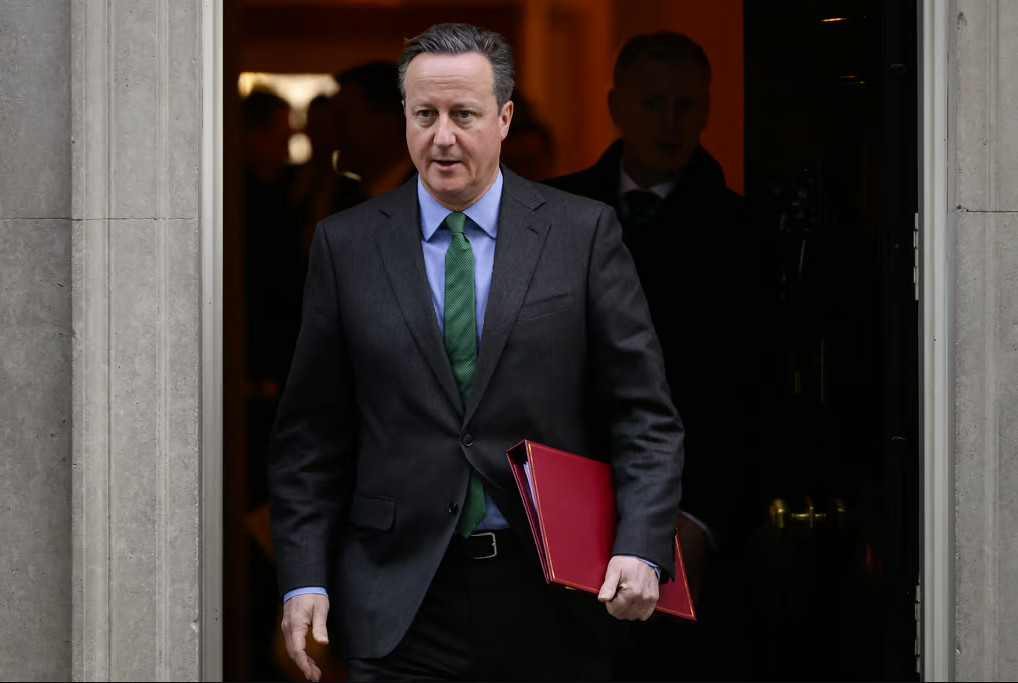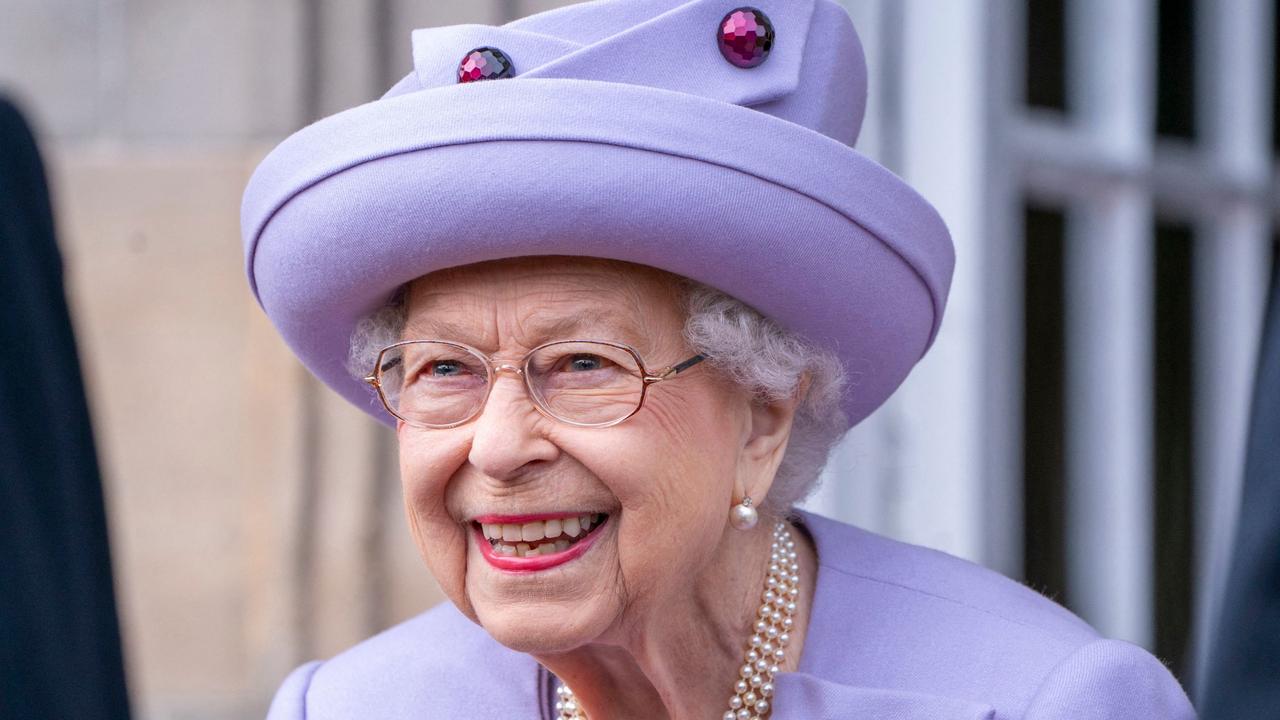This article is more than
8 year oldBrexit divorce trigger must be approved by Parliament, court rules
Britain's High Court brought government plans for leaving the European Union screeching to a halt Thursday, ruling that the prime minister can't trigger the U.K.'s exit from the bloc without parliamentary approval.
The government said it would go to the Supreme Court to challenge the ruling, which if upheld could prevent it starting exit talks by March 31 as planned.
The pound, which has lost about a fifth of its value since the June 23 decision to leave the EU, shot back up on the verdict, rising 1.1 per cent to $1.2430.
- Brexit doesn't require parliamentary OK: cabinet minister
- U.K. to launch Brexit process for leaving EU by end of March
Britons voted by a margin of 52 to 48 per cent to exit the EU, a process known as Brexit. Prime Minister Theresa May has said she will invoke Article 50 of the EU treaty, launching two years of exit negotiations, by the end of March.
Several claimants, including a hairdresser and a financial entrepreneur, challenged May's right to trigger Brexit, in a case with major constitutional implications that hinges on the balance of power between Parliament and the government. They argued that leaving the EU will remove rights, including free movement within the bloc, and that can't be done without Parliament's approval.

Three senior judges agreed, ruling that "the government does not have the power under the Crown's prerogative to give notice pursuant to Article 50 for the U.K. to withdraw from the European Union."
The judges backed the claimants' argument that "the Crown could not change domestic law and nullify rights under the law unless Parliament had conferred upon the Crown authority to do so."
Government to appeal
The British government immediately said it would appeal the judgment. It said in a statement that Britons voted to leave the bloc in a referendum approved by an Act of Parliament, "and the government is determined to respect the result of the referendum."
The Supreme Court has set aside time to hear the appeal before the end of the year.
The case is considered the most important constitutional matter in a generation.
May wants to use royal prerogative, historic powers officially held by the monarch, to trigger Article 50. The powers, which have in reality passed to politicians, enable decisions to be made without a vote of Parliament and cover matters as grave as declaring war or as basic as issuing passports.
Historically, royal prerogative has also applied to foreign affairs and the negotiation of international treaties.
Attorney General Jeremy Wright, leading the government's legal team, argued that the lawsuit was an attempt to put a legal obstacle in the way of enacting the result of the EU referendum.
'Democracy has been reaffirmed'
But financial entrepreneur Gina Miller, a lead claimant in the case, said the case wasn't an attempt to stop Brexit — just to ensure that Parliament is sovereign.
She said the court's judgment "is about all of us ... It's about our United Kingdom and all our futures."

David Greene, lawyer for hairdresser Deir Santos, said the government must accept the "the constitutional reality that Parliament must have early involvement in the process."
Greene, a senior partner at the firm Edwin Coe, said "democracy has been reaffirmed and now very much needs to show it is alive and kicking."
Andrew Kidd, a lawyer at London law firm Clintons who wasn't involved in the case, said the ruling was a resounding victory for a claim that "was seen as a longshot."
He said the claimants had made "very clear, cogent arguments," while the government's case was "kind of like a shotgun firing pellets, hoping one would hit the target."
Ruling slows Brexit, but doesn't stop it
It's unlikely the ruling will stop Britain leaving the EU eventually. Most lawmakers accept that voters' must be respected — but they differ widely on what form Brexit should take.
Pro-EU legislators hope the ruling will force the government to set out its plans for exit negotiations before triggering Article 50, something May has previously ruled out.
A majority of members of Parliament backed the "remain" side in the referendum, but could be willing to support the start of exit talks if it's clear that the government won't seek a "hard Brexit," in which Britain leaves the EU's single market.
If upheld, the ruling would require an act of Parliament involving both the upper and lower houses, Britain's Brexit minister David Davis said on Thursday.
'A betrayal may be near at hand'
The ruling infuriated pro-Brexit campaigners, who fear an attempt to block or delay Britain's EU exit. U.K. Independence Party leader Nigel Farage, who helped lead the campaign against the EU, tweeted: "I worry that a betrayal may be near at hand."
"I now fear that every attempt will be made to block or delay the triggering of Article 50," Farage said. "If this is so, they have no idea of the level of public anger they will provoke."
EU Commission spokesman Margaritis Schinas said it "is not for us to comment on" the British court decision.
With files from Reuters
Keywords
Newer articles
<p>Ukraine has begun using longer-range ballistic missiles against Russia that were secretly provided by the US, American officials have confirmed.</p>
China warns relations with US could slip into ‘downward spiral’ if red lines crossed
King’s Funeral Plans Dusted Off—as Health Remains a Mystery
KANYE WEST PLANS TO LAUNCH 'YEEZY PORN' ... Could Be Coming Soon!!!
Here’s why Iran decided not to attack Israel again
Megan Thee Stallion’s Ex-Makeup Guru Talks. It’s Not Pretty.
Can Zendaya make the leap from tween idol to Hollywood heavyweight?
Bill Maher's audience roars with laughter after he mocks Don Lemon to his face
Trump lawyer tells SCOTUS that president could have immunity after ordering military to assassinate a political rival
MAJOR ANNOUNCEMENT: Buck Palace updates on King Charles’ condition




